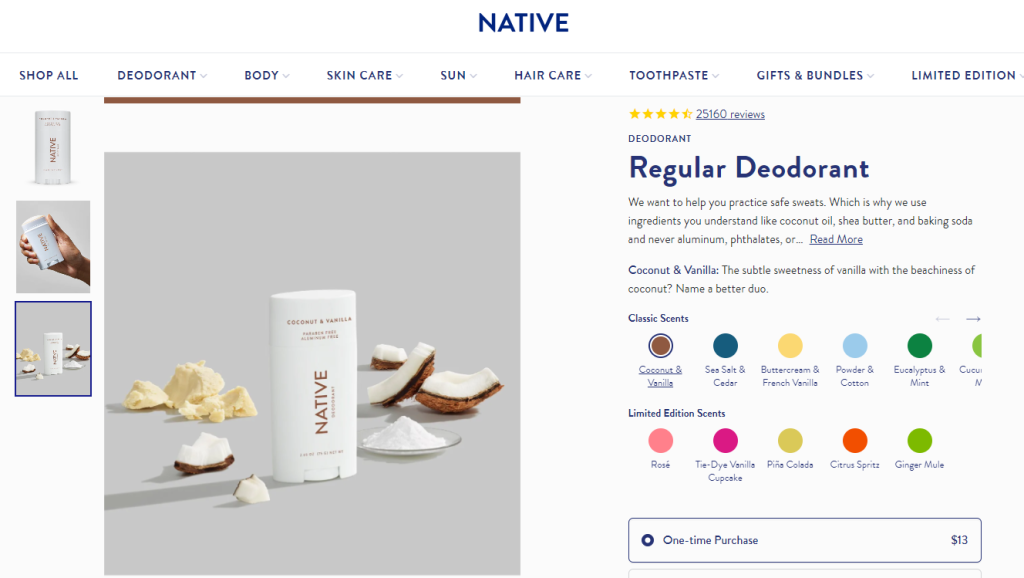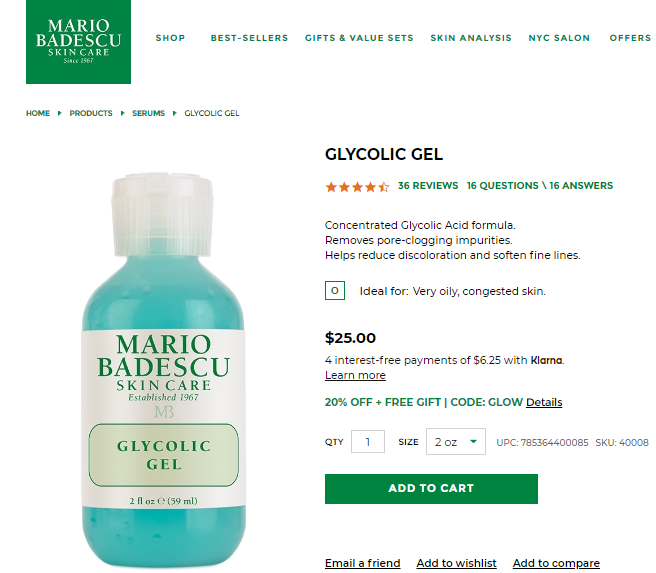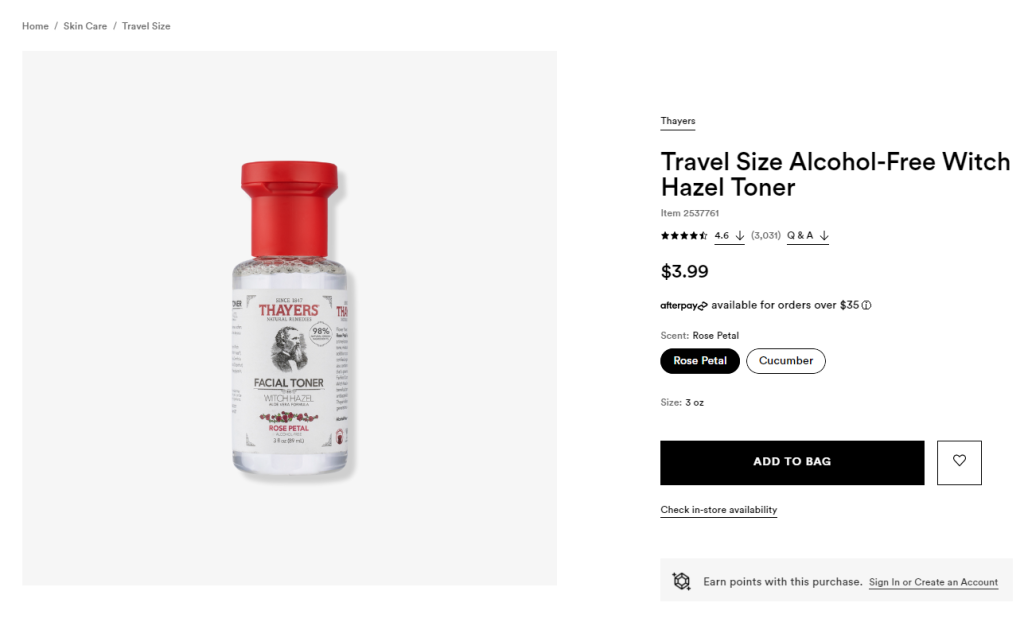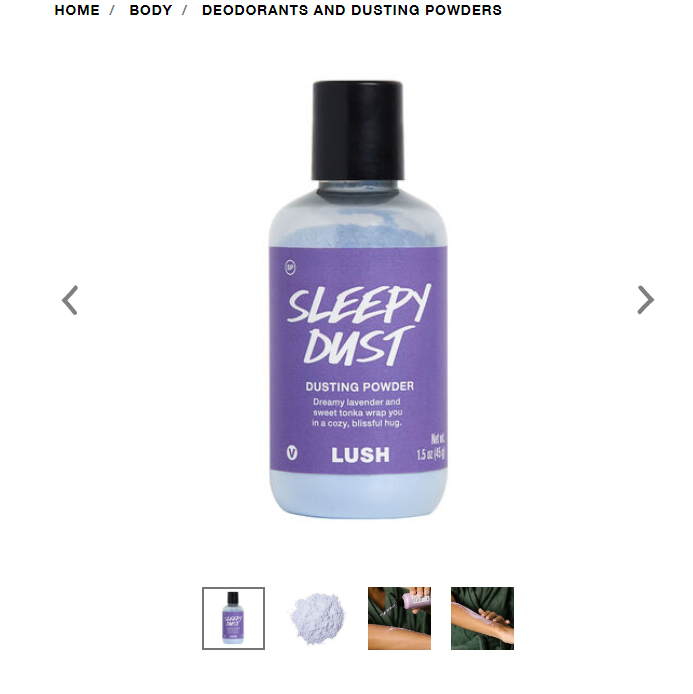Saying Bye-Bye to B.O. with these deodorants (and deodorant alternatives).
Well, this is awkward.
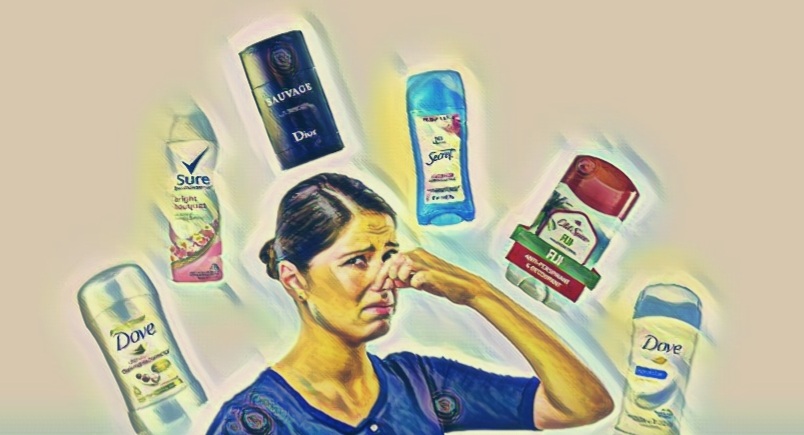
Odor? I Hardly Know Her
Despite the inevitability of puberty and body odor, no one seemed willing to talk about it. Openly sniffing around the topic in everyday conversation used a certified social faux-pas. Before the internet made space for discussions of bodily functions, teens and adults pretended to sweat rose water and Axe Body Spray. No one had heard of stress sweats or hyperhidrosis. And heaven help those with a pit stain on a white tee.
The real truth is that humans are naturally kind of stinky. Unfortunately for us, we weren’t blessed with the same snouts that made man’s best friend delight in sniffing butts, trash and whatever was rotting in the neighbors’ yard last week. Instead, humans opted to not only cover up whatever smells we make, but also agree to never talk about it in the open.
However, the conversation surrounding antiperspirants have undergone a cultural overhaul in the past decade. Concerns arose in everyday households, completely unrelated to the scent side of the discussion. Consumers have become fraught with worry over ingredient list contents. Turns out, mass avoidance of unsavory, bodily topics can create the perfect opportunity to sneak gnarly ingredients into products. Unknowable words like Cyclopentasiloxane and Poloxamine left customer’s heads spinning, especially after the dangers of continual use of aluminum became mainstream knowledge.
So, I decided to break up with ole reliable, aluminum deodorant, and try out some different methods for battling body odor.
Note: The Connector is not affiliated with any brands or products listed below
OTC Natural Deodorants
Native is one of many brands to take on the challenge of developing all natural deodorants. They come in a variety of delicious scents like vanilla coconut and lemon ginger cupcake.
After a few hours of use, the yummy plume of coconut and vanilla scent had dissipated from my skin and I felt as if I hadn’t applied any deodorant at all. This was partially my immune systems’ fault. I had a sensitivity to one of the ingredients used in my stick of Native deodorant. It caused me to itch and scratch most of the deodorizing cream off of my underarms not long after applying.
The other reason it was a bust is because of how oily Native feels in general. Even if it hadn’t been scratched off, the deodorant seemed to slip and slide with my movements once it had been brought to body temperature. I would have needed a reapplication even if I wasn’t allergic to it.
Keep in mind that whatever remnants of deodorant left, did smell really good for a reasonable amount of time. I can only imagine that Native’s focus on their fragrance formula is due to it not being an antiperspirant. So while it doesn’t prevent sweat, it does deodorize the sweat that it comes into contact with.
The Science of Serums
Some DIYers have found that the correct blend of serums can work to banish B.O.
Surprisingly, this take on deodorant requires a bit of scientific know-how and personal trial and error. The first thing to note is that body odor is actually caused by bacteria. In fact, almost all malodors are. Rather than plugging up the pores that cause sweat, treating them can keep your sweat from smelling sickly. Glycolic and lactic acids help to lower and balance the pH of skin, making it harder for stink-causing bacteria to live and thrive.
I already swear by glycolic acid for skincare use, so I tried applying some after a shower and boy, did it work. I’m not one to usually forget to put on deodorant, but when I did, glycolic acid came to the rescue. I still sweat, but there wasn’t any noticeable smell for hours. It wasn’t until the next morning when I was due for another daily shower that I noticed any odor. It also didn’t leave my skin feeling itchy and irritated like other natural alternatives to deodorant had, so that was a plus.
An important note is that I didn’t work out that day or encounter a particularly stressful situation, so the verdict on acid’s reliability as a deodorizer is still out.
Witch Hazel’s Spell
Is there anything that witch hazel can’t do? Well, work as a deodorant for one.
For the unfamiliar, witch hazel has been a well regarded beauty treatment for those who find themselves strapped for cash. So, as a poor college student, I was game.
I didn’t even need to read up on witch hazel to know about its astringent benefits or its pore shrinking wonders. I was already well acclimated with this skincare cult-classic, and at $3.99 a bottle, I was more than willing to give it a shot.
Unfortunately for me, that shot was a big miss. The delicately rose scented twinge left behind moments after application didn’t last long. Soon, I recognized the vaguely itchy sensation of sweat beginning to tingle underneath my arms. By morning’s end, I was over perspiring. For comparison, glycolic acid left me feeling completely dry for hours.
Witch hazel can be very drying, causing the skin to overreact and produce higher levels of sweat, oils and sebum. While I’m sure that witch hazel is an adequate antibacterial astringent, it doesn’t do much for smell prevention. After I noticed a smell or damp feeling, I would swipe my skin with another layer of witch hazel. Afterwards, I would smell as good as new.
It definitely has its place in body care as a way to refresh midday, but it has some gaps on its own.
This product is like Batman: it needs a partner, something else to work in tandem with.
Fragrance Powders are Your Friend
Fragrance powders were my favorite product to try, without a doubt.
They’re dual use as both perfume and a mild antiperspirant. Fragrance powders keep the area of application dry by absorbing any liquid that it comes into contact with. Lush has an array of talc-free fragrance powders that have some serious staying power in terms of scent. It outlasts any aluminum deodorant I’ve ever tried regarding fragrance and, unlike aerosol deodorants, does not require environmentally damaging compressed air or CO2.
It also does wonders during the summer, when ‘thigh burn’ is at an all time high. The powder helps to safely alleviate the friction associated with thigh burn. It also reduces irritation on other friction prone areas like the back of the knees, inner elbows and that weird part of your bra that rubs against your skin (trust me on that last one.)
Between Lush’s fully transparent ingredient list, commitment to climate change and the powders’ ability to leave me smelling fresh-as-a-daisy all day, I was sold.
Lifestyle Changes and Hair Hygiene
If you aren’t interested in any of the, admittedly, outlandish varieties of smell prevention, I get it.
Many of us aren’t ready to do away with our favorite aluminum deodorants, but still want a boost of good body smells. There are some lifestyle changes that can help banish body odor and won’t require an overhaul of your bathroom counter.
A change in hair hygiene may be effective in treating chronic body odor. Shaving is not, and never has been, a necessity in terms of hygiene and health. It grows because it’s supposed to be there. Don’t let anti-body hair rhetoric fool you. Dealing with chronic body odor that’s tough to beat often stems from the methods used to clean the hair, rather than the hair itself.
If you’re not into shaving, thoroughly scrubbing the hair with an exfoliating cloth, bar or scrub usually does the trick. You have to really get in there to loosen up the cells that could be clogging or collecting around your pores. Just like the hair on your head, lifting the follicles and scrubbing close to the skin ensures the removal of dead cells and prevents skincare issues.
If you are into shaving, use a sharp and clean razor for every shave. It exfoliates the skin around hair follicles where most odor causing bacteria gathers. Using a fresh razor also stops the transference of old bacteria on your freshly washed pits. Be sure to rinse your razors between each area that is shaved.
Conclusion
I considered my time trying out different forms of deodorant enlightening and, in some cases, a success! I definitely came away from it with new skincare secrets that will be staying in my cabinet of apothecaries. Glycolic acid and fragrance powders are a daily necessity for me now. Although, aluminum deodorants still have a place in my home for those sweltering Georgia summer days.
After all, the most important thing for consumers is to be informed about their options and the products that they choose. Here’s to happy sniffing!

























